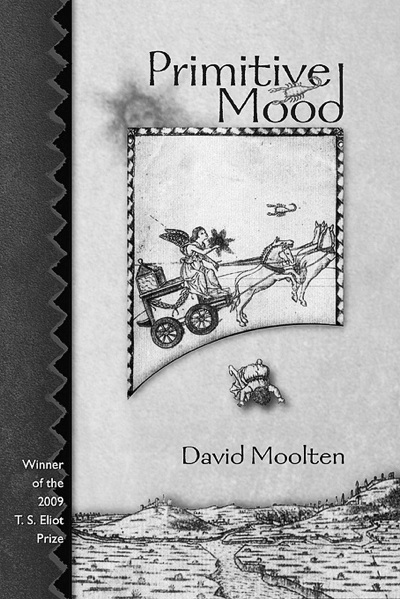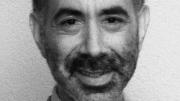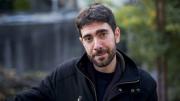David Moolten ’82, M.D., wakes up early in the morning—“usually between four and five,” he says. But Moolten, a pathologist for the Red Cross in Philadelphia, doesn’t have to check in for work until later. He gets up so that he can write. “For me, that’s the best part of the day,” he explains.
Why would the hours before daybreak be such a pleasure? In addition to his medical career, Moolten is also a poet, and his work has attracted the attention of prominent writers like David Ferry and Virgil Suárez. He has published three volumes, the most recent of which, Primitive Mood, won the T. S. Eliot Prize in 2009 from Truman State University, and his work has appeared in Poetry and the Kenyon Review. Moolten started writing in his junior year at Harvard, when Seamus Heaney and Derek Walcott were teaching; they would end up writing his recommendations for medical school. “[Walcott] said, ‘Well, you probably won’t have time to write, which is a shame,’ which was a nice thing to hear for someone who had just started writing,” he remembers.

Courtesy of Truman State University
As if motivated by Walcott’s prediction, Moolten continued to write throughout medical school. “I guess I made that commitment a long time ago because it was important to me, and I realized that if I didn’t, my writing would eventually die out because of the demands that are a normal part of medicine.” Time has informed much of his life and work; a diagnosis of Hodgkin’s disease at an early age led him into pathology, as opposed to a research career. “I didn’t know if I wanted to sacrifice a large chunk of time to training, when I didn’t know how much time I’d have,” he explains.
He says that his poetry, which frequently imagines characters in life situations quite different from his own, allows him to engage in “a humanistic or empathetic perception” that is related to having spent so much time as both patient and doctor. “Seeing poetry as having a healing quality is to look at social issues, I hope, not in a formulaic or a preachy kind of a way, but to be open, to look at them carefully,” he says. “I’m filling a personal gap.”








